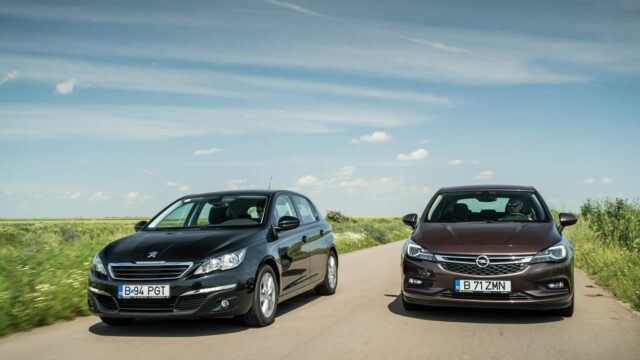Your decision should be as rational as possible — just not too rational







Buying a car is a major decision for most of us, which is why you should think it through.
Unless you're a millionaire, you'll hold on to your acquisition for many years, so it's better to count all the pros and cons now instead of regretting your purchase later.
There are some essential questions you need to ask yourself before buying a car because each person has different needs, aspirations, and means. We'll skip the fundamental question "do I need a car?" because if you're reading this, we'll assume you need one.
#1 What type of car do I need?

The first step to narrow down your search is to choose the type of vehicle that best fits your needs. For starters, you'll have to decide upon a body style: do you need a hatchback (like most people do), a more traditional sedan, a highly practical wagon, minivan or SUV, or a cool-looking coupé or convertible?
If you have a large family, the answer is simple: go for a wagon or an SUV (get one with 4×4 only if you know you'll need it). If it's just you and your partner, a hatchback or a sedan are good compromises — even if you're blessed with a baby later on you'll cope, at least at the beginning. However, if you're single and into cars, let nothing stop you from getting a sports car, whether it's a coupé or convertible — the latter especially if you live in a country with many sunny days. You'll never forgive yourself for not having a sports car in your prime.

#2 What's the budget?

It's obviously an important question because it dictates whether you can afford a new car or a used one. The budget also has an influence on the size of your vehicle (smaller ones are obviously less expensive, though that's not set in stone), and its fuel type. Whether new or used, gasoline-powered cars are typically less expensive than those running on diesel, while hybrids usually command a slight premium over oil burners. As for electric vehicles, they're the most expensive to buy.
Don't forget to get informed about fuel economy and maintenance costs as well: there's a reason why you can find a used Mercedes-Benz S 600 W220 for $5,000, and that's because keeping it on the road will ruin you. Buy cars as new as you can afford and hold on to them for as long as possible. Remember, the best car is the one that fits you and your needs best.
#3 Where am I going to drive it?

Here's another important question to answer, because if you're single and use the car to commute to work over short distances in the city, you'll need a gasoline-powered city car — maybe even an electric one if you can afford it. That's because EVs are exempted from congestion charges in most cities since they have zero emissions. They're also more silent, reducing noise pollution in the urban environment. Things change if you're married with two children and you have a longer commute: a diesel-powered wagon may cover all your needs.

#4 How am I going to pay?

The ideal scenario is to have the entire sum of money available and pay the car in full — whether it's new or used. That way you'll also be able to negotiate a better price for the car you're targeting. However, most people buy cars using financing. If that's your case as well, decide whether or not you want to keep the vehicle at the end of the deal because that will help you pick the financing contract that best suits your needs. For example, if you want to keep the car, look closely at the final settlement figure of the finance deal (typically much bigger than the monthly payments) and make sure you're comfortable and able to pay it.
#5 Which shortlisted car to buy?

Ideally, after you've covered all these steps, you should be able to make a shortlist of at least three models you're interested in buying. The next step is to test drive each and every one of them, ideally with the same engine and transmission combination that you want.
If you buy the car for the entire family, take your partner and children with you to see how they like the car. It's also a good idea to bring bulky items you usually carry in the boot to see how well they fit in the new car. The model that ticks the most boxes should be the winner.
